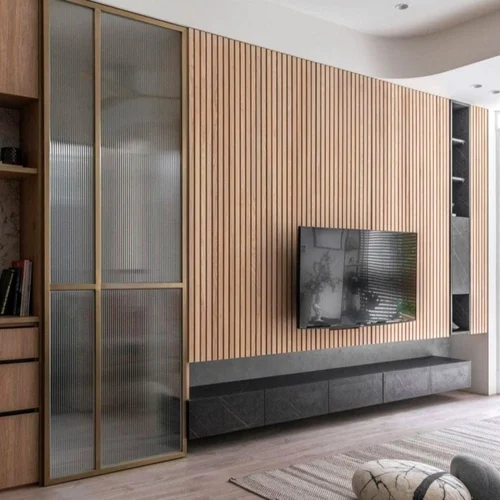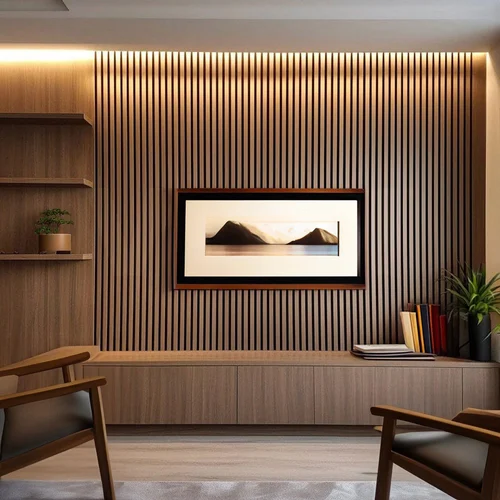How to Choose the Right Louvers for Your Space

Selecting the perfect louvers requires consideration of various factors. Here’s what you need to keep in mind:
1. Purpose & Functionality
Determine whether you need louvers for ventilation, aesthetics, privacy, or security. This will help in choosing the right type and design.
2. Material Selection
- Wood Louvers – Offer a warm and natural look but require maintenance.
- Metal Louvers – Durable and weather-resistant, suitable for exteriors.
- PVC & Composite Louvers – Lightweight, affordable, and moisture-resistant, ideal for interiors.
3. Size & Placement
Consider the size of the louvers and their placement to ensure they complement the overall design of the space.
4. Style & Color Options
Choose a color and style that harmonizes with your architectural theme. Modern, minimalistic, or classic—louvers can be tailored to match any aesthetic.
5. Installation & Maintenance
Opt for louvers that are easy to install and require minimal upkeep. Some materials, such as PVC and composite, offer better durability with less maintenance.
Louvers in Different Spaces
Louvers can be integrated into various spaces for both functional and decorative purposes. Let’s explore their applications:
1. Residential Spaces
- Used in windows and doors for better airflow and light control.
- Enhances privacy in outdoor spaces like balconies and patios.
- Decorative wall panels for modern interior aesthetics.
2. Commercial Buildings
- Office partitions and ceilings to create a stylish workspace.
- Ventilation louvers in HVAC systems to improve air circulation.
- Acoustic louvers in conference rooms and auditoriums.
3. Industrial & Institutional Spaces
- Security louvers in factories and warehouses.
- Acoustic louvers in hospitals and educational institutions.
- Weather-resistant louvers for mechanical rooms and rooftops.
Future Trends in Louver Designs
With the advancement of architecture and design, louvers continue to evolve. Some emerging trends include:
1. Smart Louvers
Automated louvers that adjust based on temperature, humidity, and sunlight exposure are gaining popularity in smart homes and commercial buildings.
2. Eco-Friendly Materials
Sustainable louvers made from recycled wood, composite materials, and energy-efficient coatings are becoming a preferred choice for green buildings.
3. Geometric & 3D Designs
Architects are experimenting with bold patterns, 3D effects, and creative designs to make louvers a statement piece in interiors and exteriors.
4. Mixed Material Combinations
The fusion of metal and wood or glass and composite materials is redefining louver aesthetics, offering a unique blend of durability and elegance.
Conclusion
Louvers are more than just a decorative feature—they are a practical, stylish, and sustainable solution for modern architecture. Whether you’re looking for ventilation, privacy, or aesthetic enhancement, louvers offer a perfect balance of beauty and functionality. By choosing the right type, material, and design, you can transform any space into a visually stunning and highly efficient environment.
If you’re looking for high-quality, customizable louvers, explore our wide range of decorative wall panels and louvers designed to meet the latest architectural trends.

